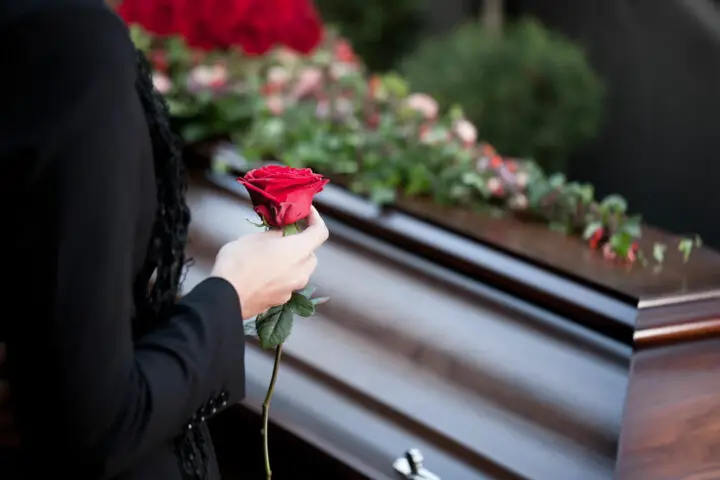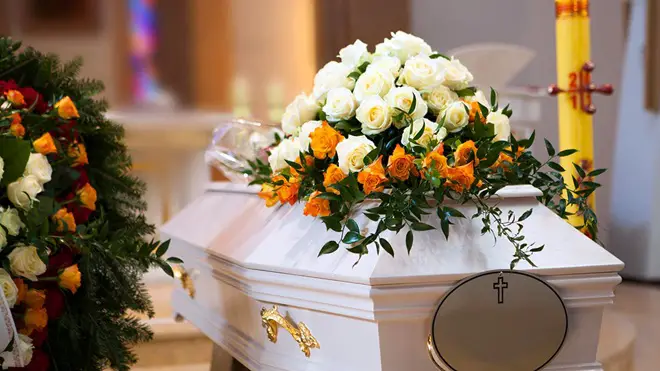The First Steps You Need to Take When Someone Dies: Your Guide

A loved one’s death is undoubtedly devastating, especially if they die unexpectedly. But even if your loved one has died from a critical illness, the loss is still the same, and it can be difficult for you and the family to cope. The first thing you have to do when someone you love dies is crucial, as it not only means you have to inform the deceased’s friends and family and notify the authorities. You also have to get important documents like the medical certificate and arrange the funeral. Aside from this, you would have to deal with the person’s will and their money and property. But what other first steps do you need to take when someone dies? Here is your guide.
- Acquire a medical certificate

As soon as the person dies, you have to get the medical certificate unless the coroner has to make an inquest. If the deceased passed away in the hospital under medical care, they would be the one to arrange it and give it to you. If they pass away at home, contact your general practitioner. The good thing is that the certificate is free.
- Registration
Afterwards, you are supposed to register your loved one’s death. If you live in England, Northern Ireland, and Wales, the registration should be done in five days. However, if the coroner decides to make an inquest, there will be a delay in registration until the conclusion of the inquest.
The death registration will depend on which country the deceased lived, so if they lived and resided in England, Northern Ireland, and Wales, you need to go to the Register Office and find the one nearest to where they lived. The death registration is also free, but to get your certificate, you will be asked for £11 initially. If you want more copies (which is recommended for the will, etc.), you can do so. It is often cheaper and wiser to do this right away as you can deal with more than one organisation simultaneously rather than waiting for one to return your copy before you deal with the next one.
For the registration, you would need some vital information from the deceased, including the medical certificate stating their cause of death, their complete name (including any previous names such as their maiden name), the place and the date of birth, and their last known address. Aside from this, you have to provide details of their occupation and give the complete name, birth date, and employment of their civil partner or spouse, whether living or deceased.
If you can, and if it’s available, you should take other proof, such as their birth certificate, their marriage (or civil partnership) certificate, their National Insurance number; their NHS card, their driving licence, passport, and proof of address such as a utility bill. Then, when you have given the necessary information, the registrar will provide you with the following: a certificate for the cremation or burial (known as the green form), a registration of death certificate, leaflets about the benefits of bereavement, and the death certificate, which, as mentioned, there will be a fee.
- Requirements for arranging your loved one’s funeral

Once you have registered their death, it’s time to arrange your loved one’s funeral. Now you can engage the services of a funeral director, such as one from www.carrollandcarrollfunerals.co.uk, and they will ensure that you have the smoothest of transitions from this point onwards.
When it comes to arranging their funeral, the person who has passed away may have left instructions in writing or otherwise to a person close to them. If they haven’t left a clear wish or died unexpectedly, you can ask the nearest relative or the executor of the one who passed aw
ay to decide if they will be buried or cremated and ask them what kind of funeral they want to have. The funeral director can also advise you about this, as they are adept at deciding such matters.
And the funeral director can do more. For instance, they can provide you with quotations so you can decide which supplier or vendor to use. An itemised quotation would be helpful for the following: the services of the funeral director, the transport of the deceased from the place where they died, their care before the funeral, the coffin, a hearse for transport to the cemetery or crematorium, and other necessary paperwork and other arrangements.
You would most likely incur charges for the clergy or celebrant, the crematorium or burial site, the flowers, the doctors, and other incremental expenses.
- The payment for a funeral

Alongside all this is the question of who will be paying for the funeral, which can be stressful, to say the least. If your loved one has insurance, this is no problem, as is the case if they took out a prepaid plan for a funeral. But if they didn’t have insurance, the funeral costs can be settled by you or your loved one’s family or friends, the deceased’s estate or any property, money, or assets they left behind, or money the deceased had in a building society or bank.
- The people and authorities to inform
You have to inform certain people and organisations about their death when a person passes away. So here’s a tip: you should use the service called Tell Us if it’s in your local area, as they can get in touch with several government bodies in one go about your loved one’s death.
In a nutshell, you should inform the local authorities, such as electoral services and libraries and council tax authorities. You should also notify the tax office, the DVLA (Driver and Vehicle Licencing Agency), the passport office, and the HMRC.
Other organisations may need to be contacted, such as the person’s pension scheme provider, their building society and bank, their employer, their mortgage provider or housing association, the utility providers, and social services. You may also want to inform the GP, optician, or dentist about their passing.
